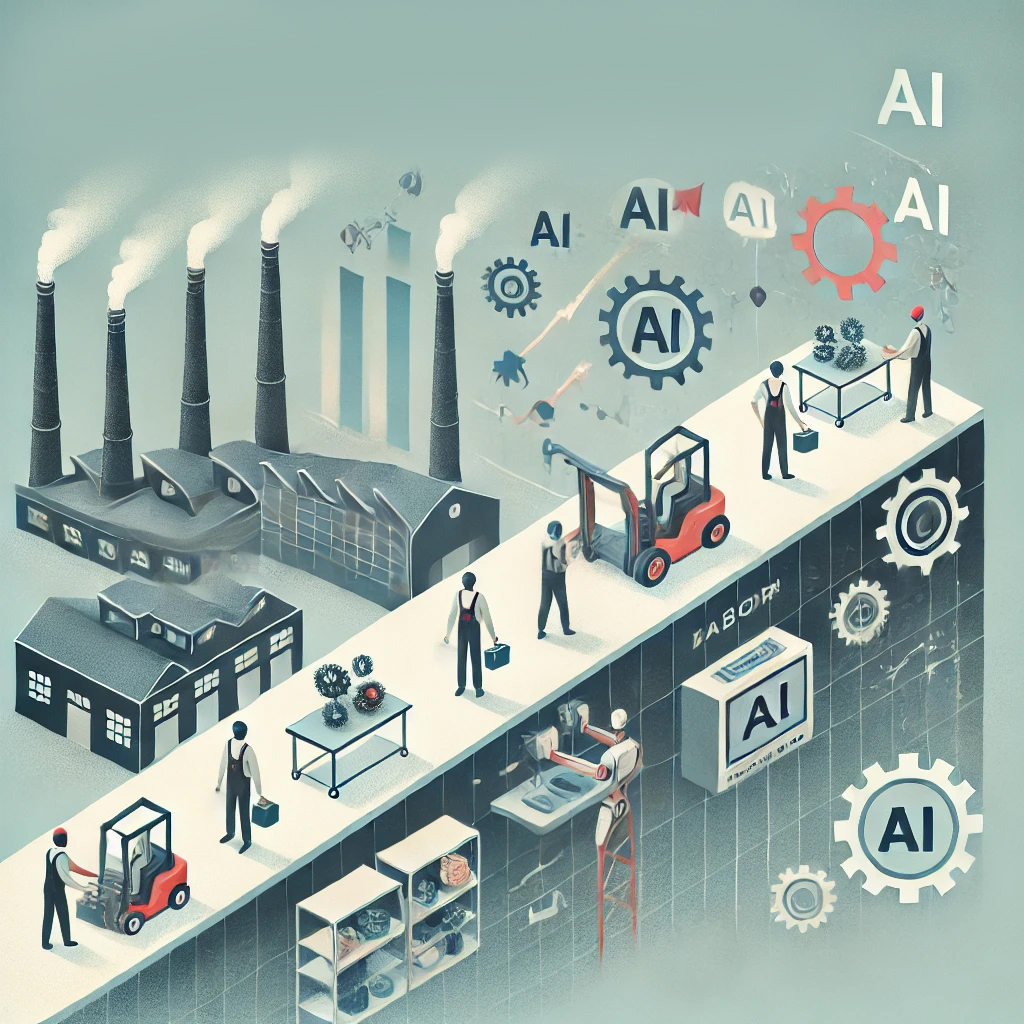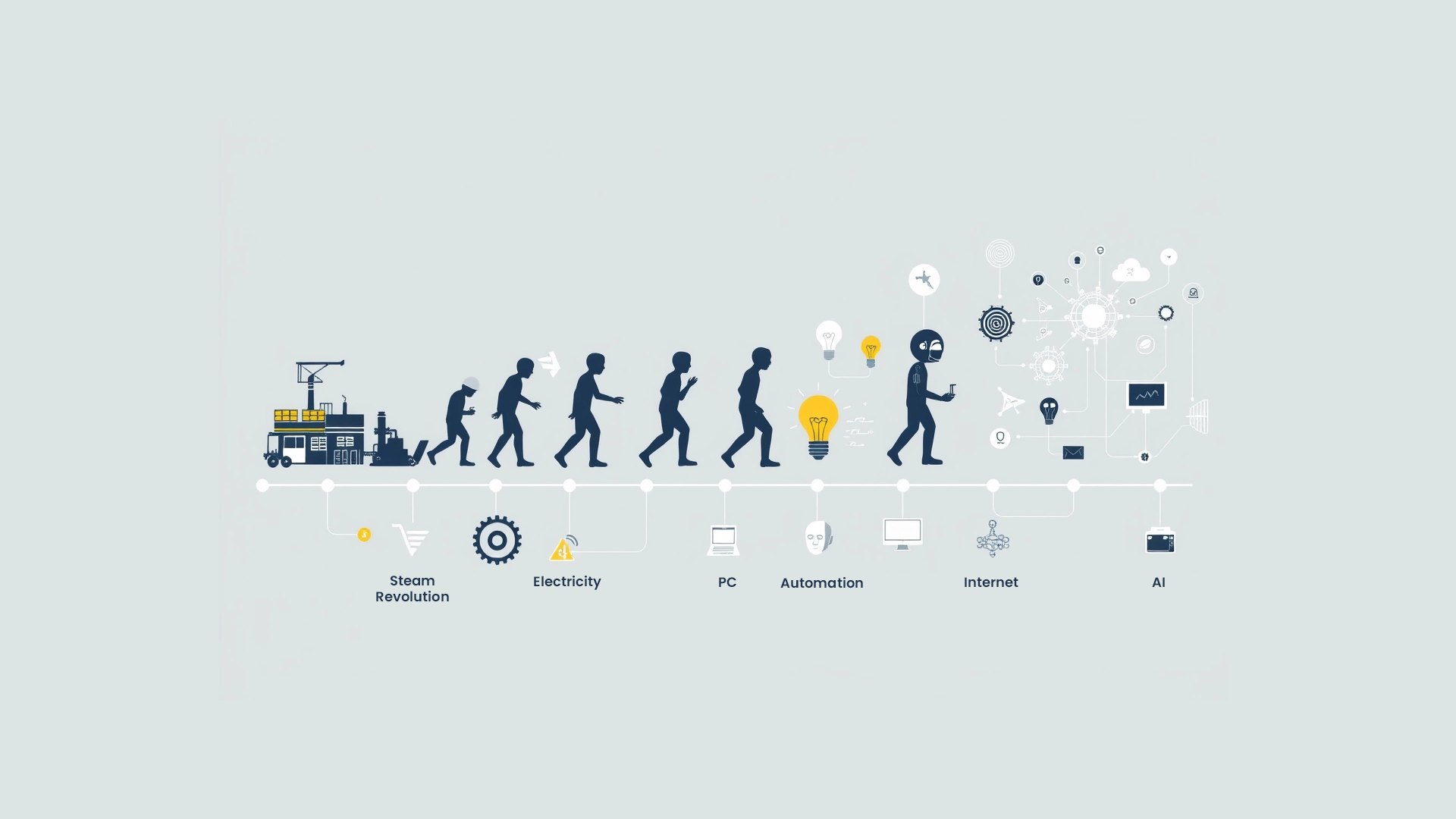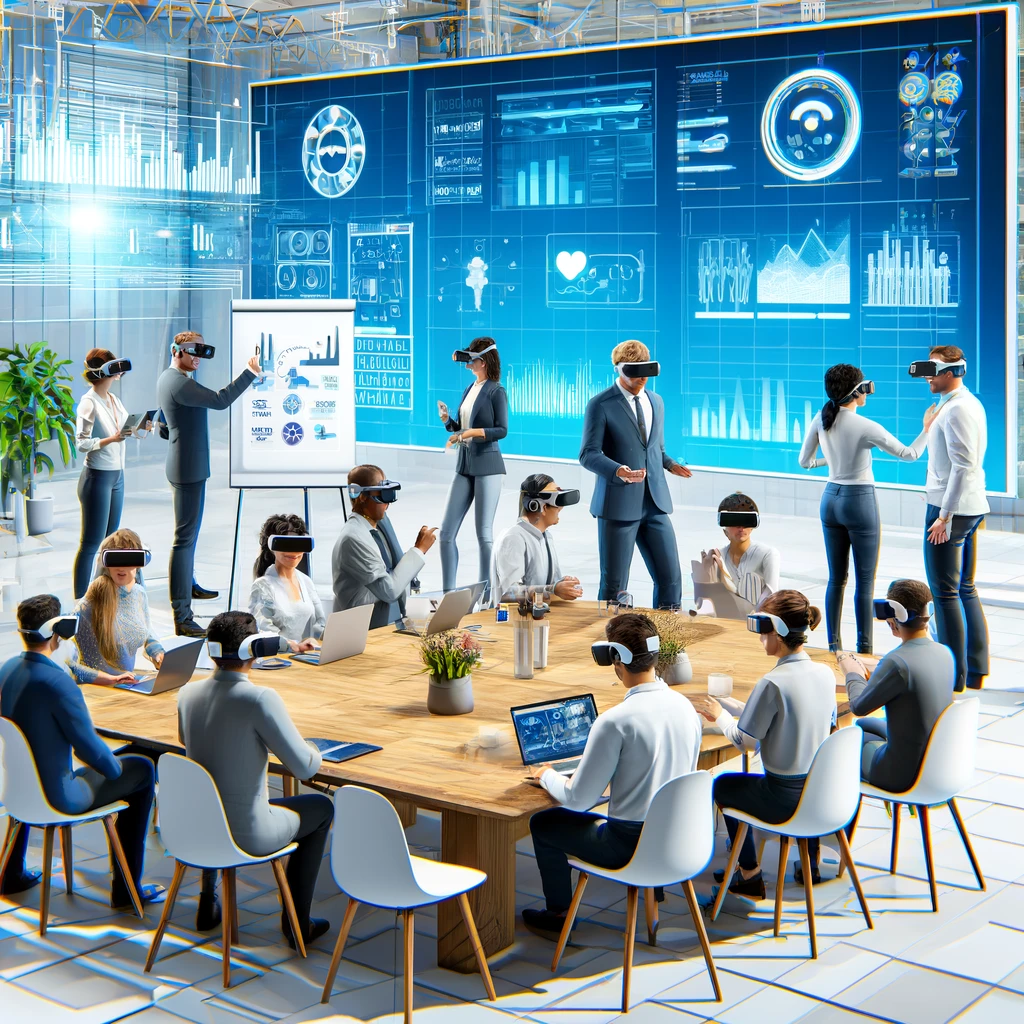Artificial Intelligence, Energy and Trade Wars
İşte İngilizce çevirisi, orijinal formatı koruyarak:
Artificial Intelligence and Trade Wars: How Will the Global Competition of the Future Take Shape?
Throughout history, trade wars have been one of the most important tools countries use to achieve economic and strategic superiority. However, today, trade wars are no longer shaped solely by traditional production capacity, export power, or tariffs but also by artificial intelligence, digital transformation, and developments in the energy sector. Countries seeking to gain a competitive edge in the global arena are integrating AI into their processes to increase efficiency and shape the economy of the future.
In this article, we will examine the role of artificial intelligence in trade wars, its impact on the energy sector, and the future of global competition.
The U.S. and China: The Technological Front of Trade Wars
The U.S. and China are at the center of global trade wars. These two countries are not only competing in traditional industries and production capacities but are also striving for global economic dominance through investments in technology, artificial intelligence, and digital infrastructure.
China: Artificial Intelligence and Digital Supremacy
🔹 As part of China’s “Made in China 2025” strategy artificial intelligence, chip manufacturing and automation systems aims for global technological leadership by investing.
🔹 Alibaba, Tencent ve Baidu giant technology companies such as the Turkish Tech Group are accelerating the country’s digital transformation by pioneering big data and artificial intelligence research.
🔹 China, with state-sponsored subsidies electric vehicles and renewable energy technologies is trying to increase its share in the global market.
The U.S.: New Strategies for AI and Energy Investments
🔹 The U.S. is a leader in artificial intelligence and big data analytics Google, Microsoft, OpenAI ve Amazon and its giant companies such as the United States, it gains a global advantage.
🔹 Trump administration, Announced a $500 billion fund to restore US manufacturing and technology superiority. A large part of this fund chip manufacturing, artificial intelligence and nuclear energy sectors expected.
🔹 In recent years, the U.S. Nuclear Energy Revitalization Act, The government aims to increase the country’s energy independence by supporting small modular reactors (SMRs) and advanced nuclear technologies.
🔹 Through AI-powered production systems, the US plans to revitalize its industry and offset competition from China.
Risks for Countries Not Integrating Artificial Intelligence into Business Processes
Countries that fail to invest in AI and digitalization face several critical risks:
🔻 Weakening of competitiveness: İş süreçlerini optimize edemeyen ülkeler, üretim maliyetlerini düşürme ve verimliliği artırma fırsatlarını kaçırarak küresel pazarda geri kalacak.
🔻 Labor market lagging behind: Artificial intelligence provides an advantage for countries that embrace transformation by shifting the workforce to efficient and strategic areas. The demand for unskilled labor may decrease. and unemployment may increase
🔻 Falling behind on AI-powered products: Products and services not supported by artificial intelligence Quality, speed, and cost-wise. may become unable to compete.
At this point,Strategic moves by the US and China, Shaping global trade wars. But in this competition, energy resources also play a critical role.
Breakthroughs and Importance in Energy
Global trade wars daaccess to energy resources and energy efficiency has become one of the factors that directly affects the economic growth of countries.
⚡ The US aims for leadership in global energy competition by increasing investments in nuclear and renewable energy.
⚡ China aims to achieve energy independence by making large investments in renewable energy sources such as solar and wind power.
⚡ With AI-powered energy management, companies and countries are trying to reduce costs by making energy consumption more efficient.
At this point nano nuclear technologies, Does it have the potential to be a solution to the global energy crisis?
Nano Nuclear Technology: A Solution to the Energy Crisis?
Nano nuclear technology, small-scale to enable clean, safe, and sustainable energy production with modular reactors is an approach aimed at
🔬 To produce less radioactive waste and to Thanks to be safer, it is seen as an alternative to traditional nuclear energy.
🔬 Because it is small-scale They can be installed faster and at a lower cost compared to traditional large power plants..
🔬 It can offer a strategic advantage for countries seeking to achieve energy independence.
But the widespread adoption of this technology, regulatory bodies and global energy policies closely related.
The Role of Regulation in Trade Wars
Global regulations are crucial to control developments in technology and energy.
📜 Data and AI regulations: Countries are trying to prevent the misuse of AI by developing laws on data security and ethical use.
📜 Energy regulations: The use of new technologies such as nano-nuclear requires international regulation.
📜 Trade restrictions: Limiting access to certain technologies in global trade is among the factors that determine the advantages and disadvantages of countries in trade wars.
Conclusion: Who Will Win the Trade Wars of the Future?
Trade wars artificial intelligence, data management, energy solutions and regulations is becoming more and more decisive.
Countries that integrate artificial intelligence into business processes, optimize energy management and manage global regulations correctly will gain a competitive advantage.
Other Articles









